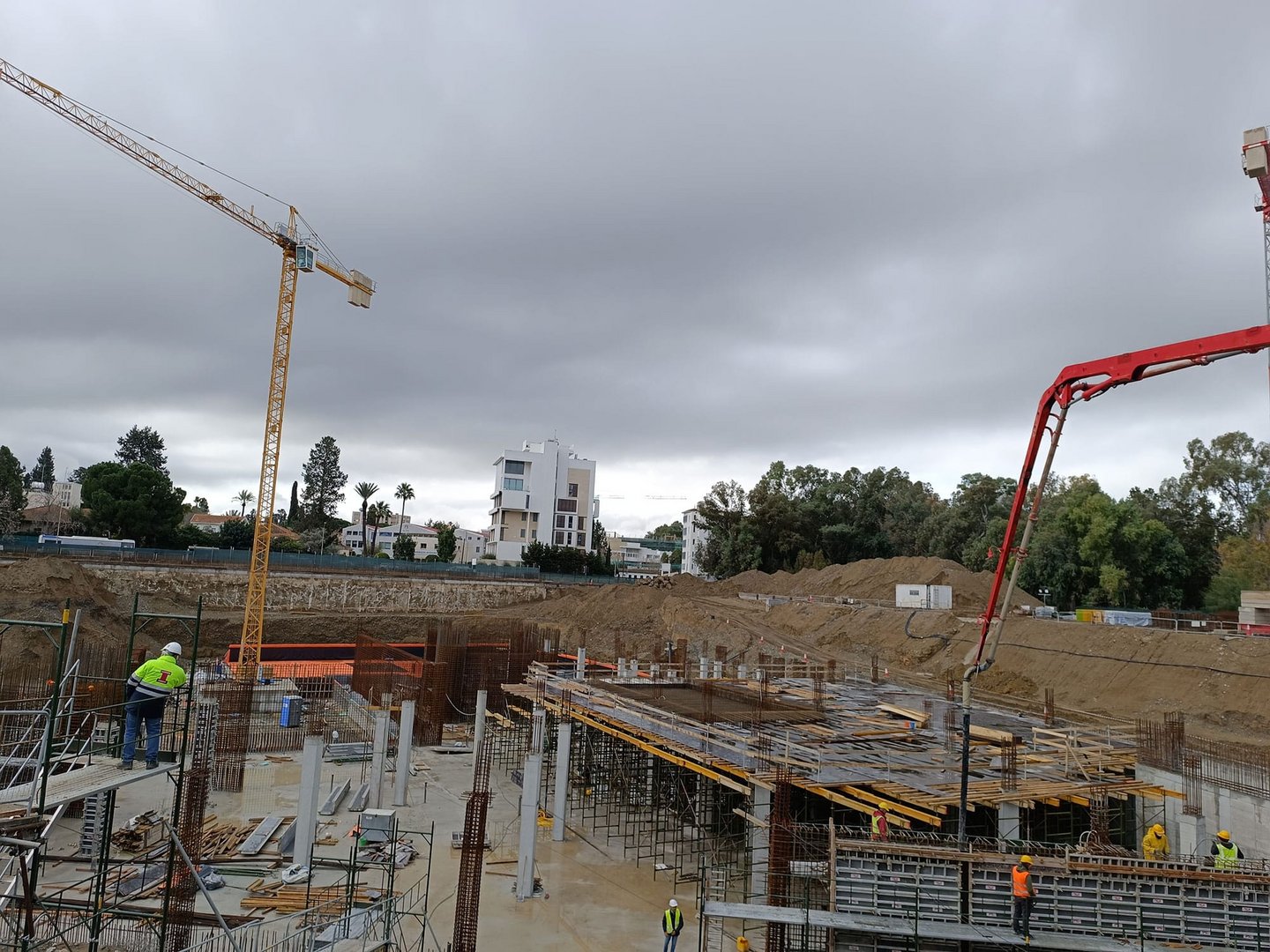Construction and demolition debris currently constitutes 25 per cent to 30 per cent of all waste produced in Europe, while it is one of the heaviest and most voluminous type of waste to manage, Agriculture Minister Maria Panayiotou said on Thursday.
Addressing an event on the issue, the minister said that the increasing demand for more and more materials from the construction sector “puts unbearable pressures on existing natural resources and environmental conservation”.
“These challenges are not limited to the borders of our island but are a pan-European issue and decisive measures and targeted solutions are needed to reach the recycling target of 70 per cent for this waste stream,” she said.
Since 2016, when the responsibility for establishing a framework for management of this waste was assigned to her ministry, “the situation was dire”, Panayiotou said. “Waste continually ended up being buried in landfills and fields,” she added.
Measures were then taken to mitigate the problem by creating treatment facilities for construction waste, stepping up environmental controls and improving the legal framework to reflect the “polluter pays” concept.
In the new regulations, an obligation was included for waste producers to maintain an agreement with a licensed construction and demolition waste management unit, in order to ensure that the waste ends up in licensed facilities.
For the first time, the operators of construction projects are required to estimate the quantities of waste and to confirm compliance with the management plan. There is also a requirement to create a common electronic database and increase reuse and recycling rates.
Beyond the optimisation of the legal framework, a technical committee was set up to promote the use of recyclable materials, resulting from the processing of the waste in the context of implementing the circular economy. The Committee is made up of the mines service, the geological survey department, the environment department, the technical services of the ministry of the interior and the public works department.
“As a result of this, 12 treatment facilities have been set up from the two that existed in 2016,“ the minister said.
“Despite our efforts, problems persist. Illegal dumping continues. It is for this reason that, on my own instructions, environmental controls have been intensified with inspections by the environment department to limit uncontrolled dumping in the countryside. We all recognise that steps have been taken, but we have not yet accomplished a full crackdown on illegal dumping and the closure of all illegal waste management sites, which is our goal.”







Click here to change your cookie preferences